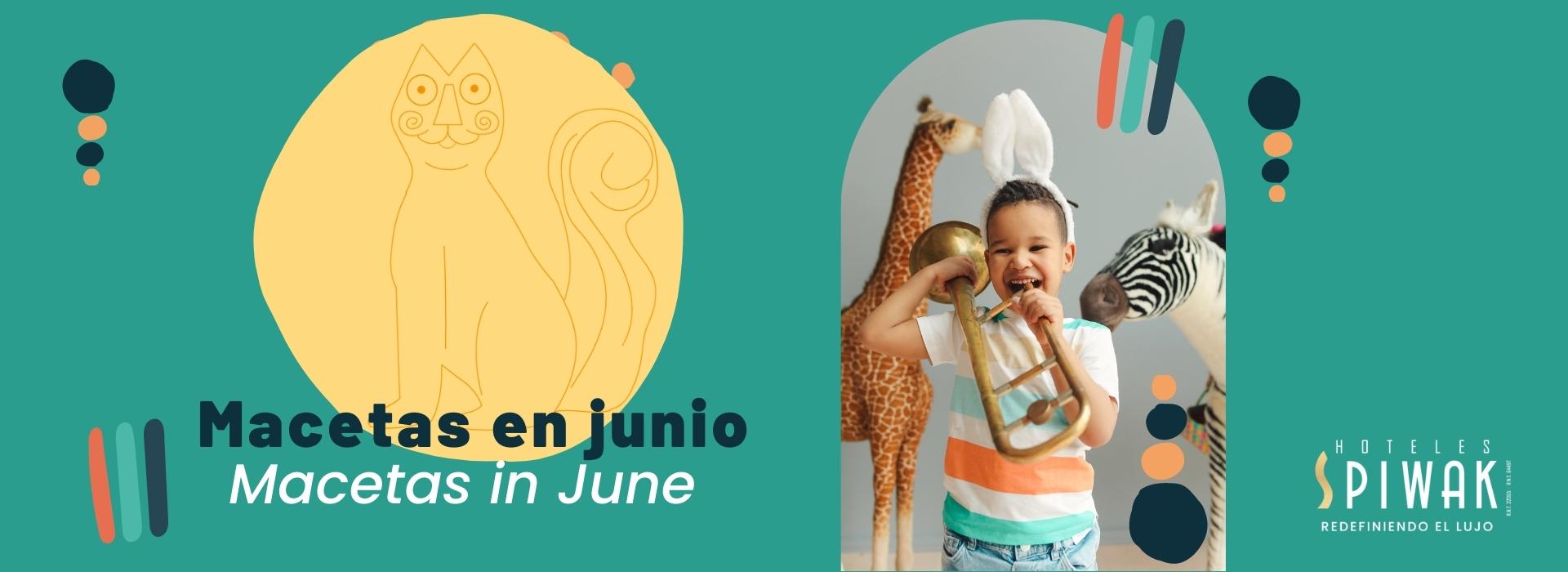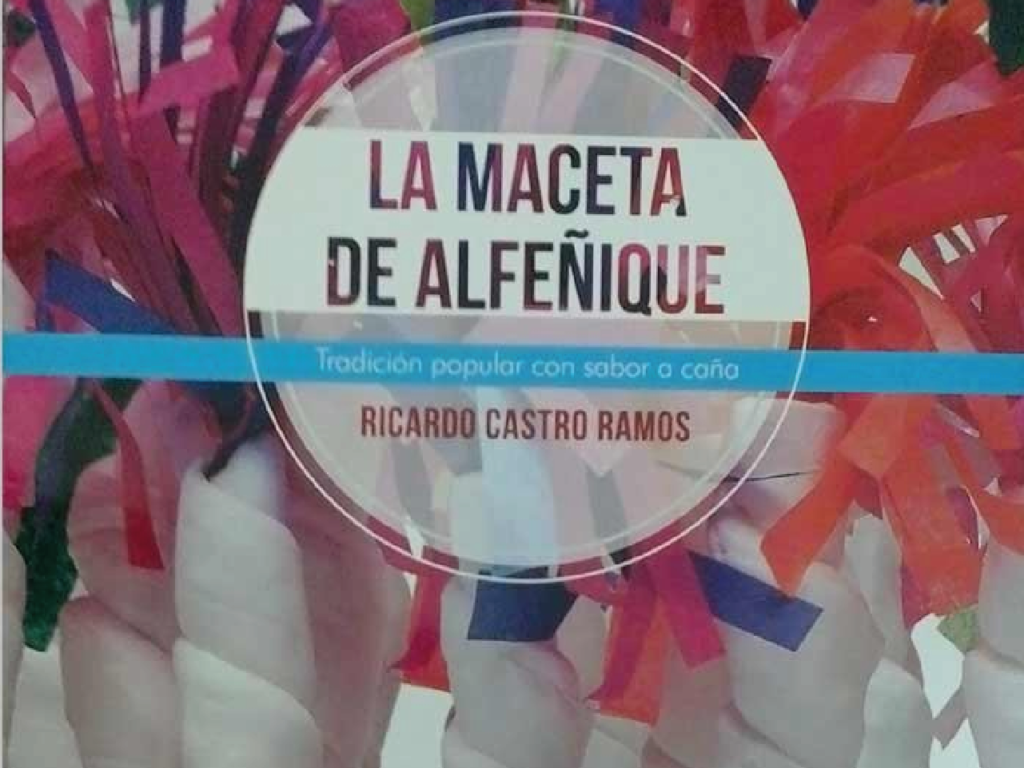
The Festival of Pots: a beautiful tradition from Cali
You are probably visiting Cali this June 29 and notice that in the city thousands of businesses everywhere, between street establishments, shops in shopping centers and street vendors, display a feast of colors for your eyes in the form of alfeñique candies. , pennants, ringlets, lollipops, paper flowers and funny animal figurines or characters from animated strips nailed to a stick beautifully covered with ribbons and cellophane.
Its about Pot Festival: a beautiful and very authentic custom born in our capital of Valle del Cauca, which celebrates the bond between godparents and godchildren on the name day of the apostles Simón Pedro and Pablo de Tarso, a holiday in our country.

Picture of: Pot Festival
The pot is a very typical gift from our region, as it is known by oral tradition that it was born in the middle of the 20th century in the streets of the El Peñón neighborhood by the invention of the black woman Dorotea Sánchez: a young and poor mother who, saddened by the sight of an empty pantry and not having anything to give her twin sons on their birthday on June 29, she implores Saint Peter and Saint Paul (patrons who name and sponsor their children) to please help her with some idea to carry out of the only sack of sugar that was left in the kitchen to make them a sweet as a gift.
In this way, the urban legend tells that these saints were moved when they heard the desperate prayer of this mother; and some interpretations say that directly from them, or through a mysterious woman that they sent (apparently the Virgin Mary), Dorotea learns the recipe to make alfeñiques in fun ways and the method to put together the most beautiful present for her children, full of of cane molasses sweets, ribbons, colored papers and pinwheels nailed to a maguey wood stick.
Much of the beginning of this custom and the myth around it is attributed to the home of the Otero family, made up of the dressmaker Sixta Llanos and José María Otero, who from their corner house in the San Antonio neighborhood and with the support of their brother-in-law Hernando Mejía, were the ones who popularized the custom of making and giving these pots to children from their godparents.
Other less romantic versions, such as those of Ricardo Castro Ramos in his book "La Maceta de Alfeñique", point out that it is possible that the relationships of patronage and compadrazgo that arose between landowners and slaves at the time of the Spanish sugar mills were the ones that remotely gave rise to to tradition, which later, with the beginning of the modernization and massification of the sugar cane industry at the end of the 19th century, gave rise to the practice of giving sweets to godchildren.

Picture of: Autonomous University
Picture of: Western Magazine
Regardless of this, today Doñas Celmira and Mariela, daughters of Mr. Otero, are the custodians of this inheritance that was declared Cultural and Intangible Heritage of Colombia; and that thanks to various organizations such as the Ministry of Culture, Corfecali, the Cali Chamber of Commerce and the sponsorship of many companies and institutions, it has been transmitted to hundreds of women artisans and workers who have made the trade of producing and assembling pots not only a very important means of existence but also a discourse of regional pride and heritage to defend in the city and its outskirts.
If you come to our beautiful Cali on this date, visit the portal of Pot Festival For more information on the activities scheduled around this celebration, and if you stay with us at Spiwak Hotels or any other cali hotel, be sure to ask at the information points of places like the Chipichape Shopping Center for those establishments that have pots to take to your godson or son as a nice memory of our city.
 +57 (602) 395 9999 PBX
+57 (602) 395 9999 PBX



